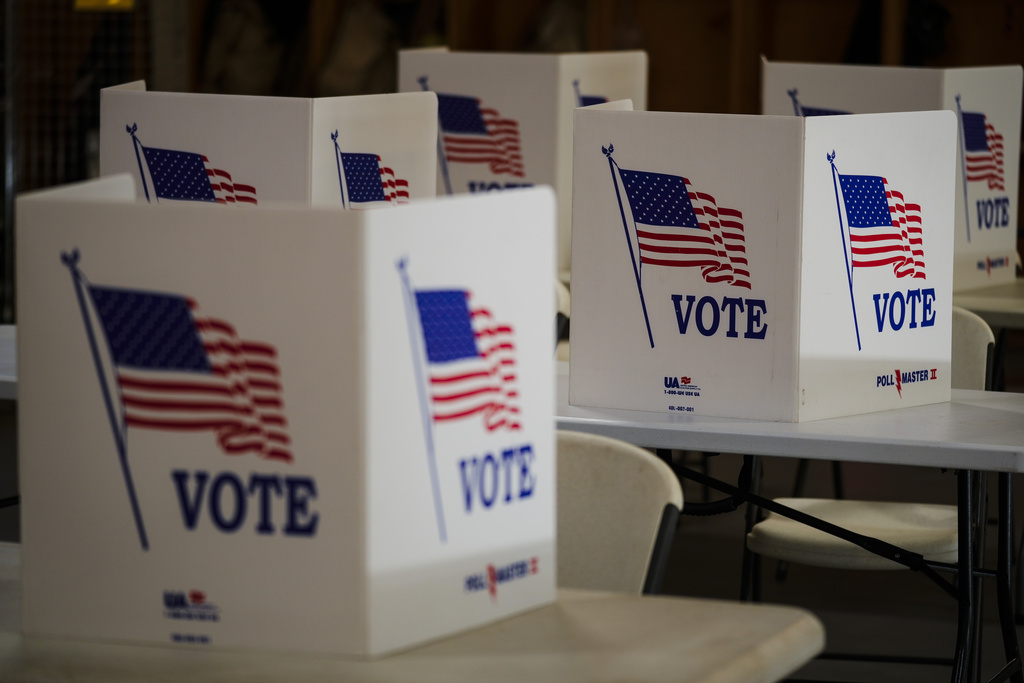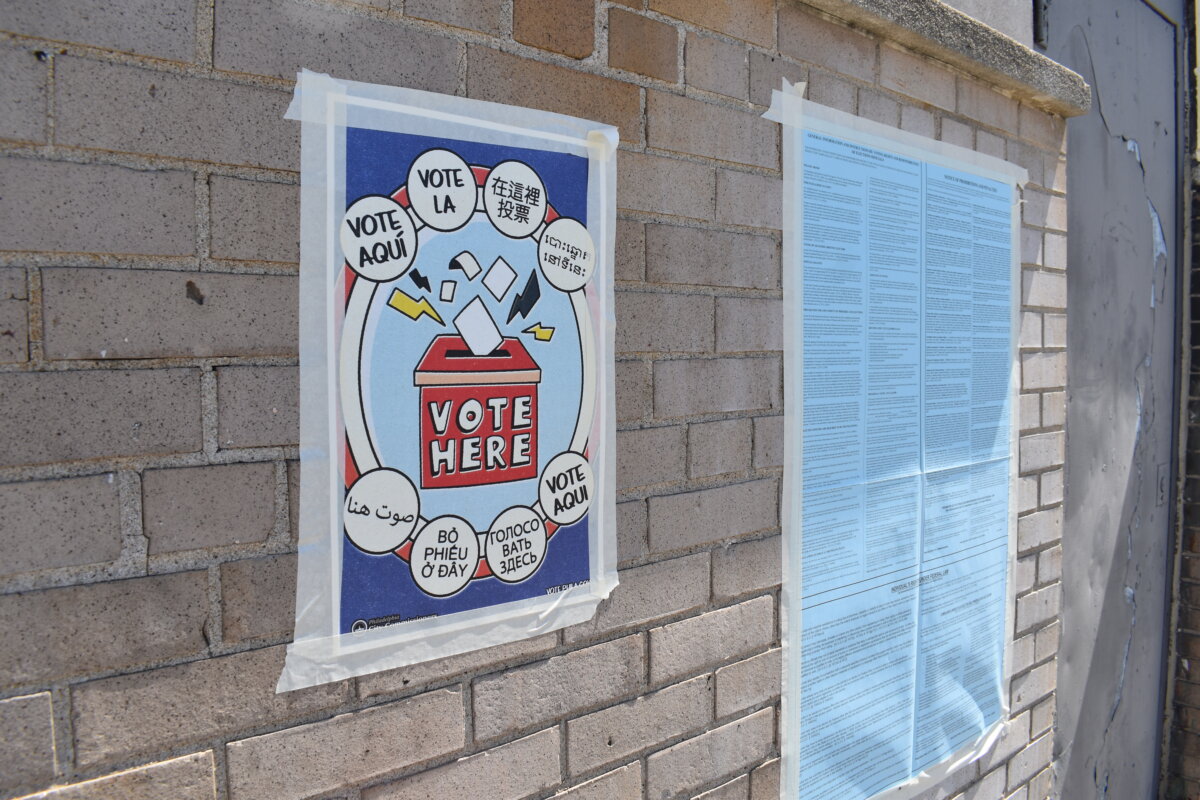ST. JOHN’S, N.L. – The future of the centuries-old commercial seal hunt appears in jeopardy after the European Parliament approved a ban Tuesday on seal products, a move that triggered suggestions that a cull may be needed to manage the herd.
The legislation passed with overwhelming support from European parliamentarians and took direct aim at Canada’s hunt, calling it “inherently inhumane.”
The ban has the potential to decimate coastal communities that rely on the hunt for income, especially in Newfoundland and Labrador’s outports, said Shannon Lewis, executive director of the Northeast Coast Sealers Co-operative Society.
“It’s catastrophic,” Lewis said.
He warned that the harp seal population in the Northwest Atlantic – estimated by the federal government to be near six million – would boom out of control and devour fish stocks.
“There will have to be something done. I can’t say whether it’s a cull or what the system would be, but you have to realize the facts,” he said.
“If you don’t harvest these animals, you’re going to have a million pups going into the water every spring … is that something that our ecosystem can sustain itself on? No, it’s not.”
Newfoundland and Labrador Premier Danny Williams said he would prefer to see the commercial hunt continue, though he also mused about the necessity to keep the seal herd in check.
“If that’s allowed to get completely out of control, it will decimate every single fish species that we have off of our coast,” Williams said.
“The seal herd has to be kept under control and if that has to be through a cull, well then that’s just another method.”
Williams also delivered a shot against Europeans who supported the ban, which he said smacked of hypocrisy.
“Europeans should have a good, hard look at themselves,” he said.
“They’re quite prepared to come over here and do business with us on the oil and gas side and other very, very lucrative industries. They’re prepared to sell their wine and other products here in Newfoundland and Labrador and Canada, and yet they’re after us on this particular one when this is a humane harvest and they know it.”
For years, animal rights groups have intensely lobbied European politicians to implement a ban. At times they enlisted the support of celebrities including rock legend Paul McCartney to get their message across that the Canadian hunt, the largest in the world, is cruel and unsustainable.
The European Union bill still needs the backing of EU governments. But officials said that’s only a formality since national envoys had already endorsed the legislation prior to Tuesday’s vote.
They said the ban is expected to take effect in October.
Animal welfare activists rejoiced after Tuesday’s vote, saying it was a significant step toward ending the East Coast hunt.
“We’re absolutely thrilled,” said Rebecca Aldworth, a spokeswoman for the Canadian branch of the Humane Society International who attended the vote in Strasbourg, France.
“This is a historic moment in the campaign to stop commercial seal hunts around the world, particularly in Canada. This is a really tremendous victory for everyone all over the world who’s been calling for this for decades.”
In Ottawa, federal Fisheries Minister Gail Shea said the seal hunt became a victim of emotion stoked by misleading propaganda from animal rights groups.
“We have put forward exemplary effort in Europe talking to as many politicians as possible,” Shea said.
“And politicians will tell you privately that this is not a decision based on fact. For them, it’s a decision based on emotion.”
Within hours of the European Parliament vote, the federal government said its lawyers were studying the EU legislation. It reiterated a past promise to launch a challenge at the World Trade Organization.
“If the EU imposes a trade ban on seal products, it must contain an exemption for any country, like Canada, that has strict guidelines in place for humane and sustainable sealing practices,” federal Trade Minister Stockwell Day said in a statement.
“If there is no such acceptable exemption, Canada will challenge the ban at the World Trade Organization.”
Williams said he hoped the federal government would follow through on a WTO challenge, but expressed some pessimism.
“You know what the government of Canada’s commitment in writing is worth – it’s not worth the paper it’s written on,” he said, referring to his feud with the prime minister over the province’s ability to retain offshore oil revenues.
The ban was passed hours before Prime Minister Stephen Harper touched down in Prague to commence negotiations on a wide-ranging free trade deal with the EU.
While it allows for the continued transshipment of seal products through Europe, promotion of those same products would be prohibited. Sealing industry experts fear that would shut off access to the runways of Italy and France, countries that are highly influential in determining global fashion trends in the larger markets of Russia and China.
The ban would apply to all products and processed goods derived from seals, including fur, meat, oil blubber and even omega-3 pills made from seal oil.
The new EU rule, however, would offer narrow exemptions to Inuit communities from Canada and Greenland and elsewhere to continue their traditional hunts. But it bars them from a large-scale trading of their pelts, and other seal goods in Europe.
Another exemption would allow for non-commercial and “small-scale” hunts to manage seal populations, but seal products derived from those hunts would not be allowed to enter the EU.
Still, Inuit groups say such restrictions would spell disaster for their communities, which rely heavily on seal hunts for their livelihoods.
Arlene McCarthy, who chairs the European Parliament’s internal market and consumer protection committee, said Canada and others can’t ignore that a majority of Europeans are against the hunt.
She added that concern took precedence over the concerns of sealers, fishermen and Inuit groups that carry out commercial hunts.
“While we of course have sympathy for those particular groups of people, the reality is that we sit here in the European Parliament and that millions of our citizens would like us to do the right thing and ban the cruel trade,” she said.
Canada had set a quota of 280,000 harp seals for this year’s hunt, but only about 60,000 have been killed because of dwindling markets for seal products.
Last year, Canada exported about $5.5 million of seal products to the EU.
















